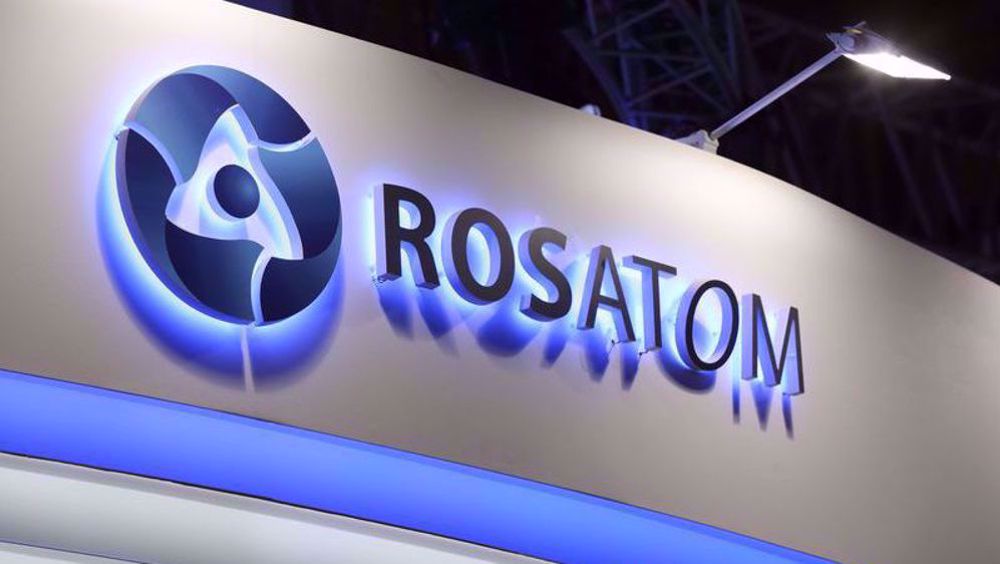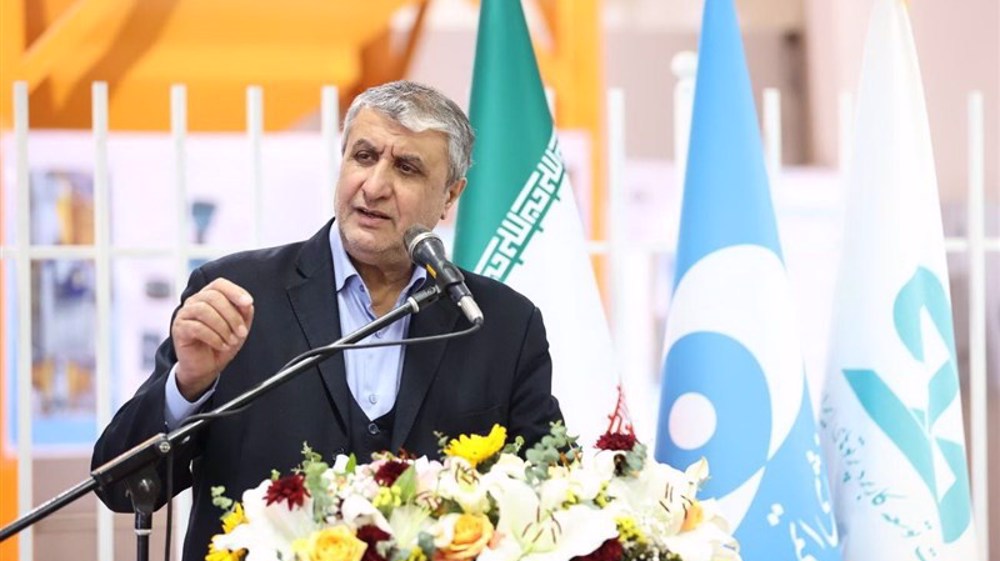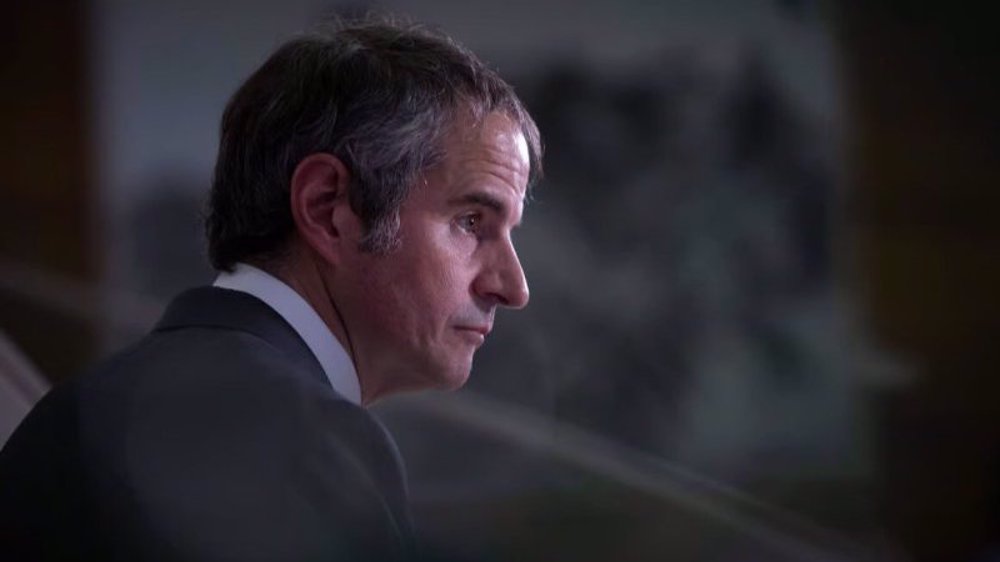Additional Protocol does not oblige Iran to open up military sites: Iran
The Additional Protocol to the nuclear Non-Proliferation Treaty's safeguards agreements does not oblige its signatories to allow inspections of their military sites, an Iranian nuclear official says.
“First of all, the Islamic Republic of Iran has neither approved nor implemented the Additional Protocol yet; secondly, no article of the protocol envisions a specific obligation regarding access to the the military sites of the signatories," spokesman for the Atomic Energy Organization of Iran (AEOI) Behrouz Kamalvandi told IRIB on Wednesday.
He pointed to an Associated Press interview with International Atomic Energy Agency (IAEA) Director General Yukiya Amano on Tuesday and said, “Amano has not specified any obligation for Iran, but rather presented his own interpretation of the Additional Protocol.”
Under the Additional Protocol, access to the sites demanded by the UN nuclear agency requires evidence and the IAEA must take into account the considerations of the signatories, including "security considerations," Amano said.
Kamalvandi, who is a also a member of the Iranian nuclear negotiating team in the talks with the P5+1 group, added that if a signatory has a reason to refrain from allowing a visit of the site, the Additional Protocol has envisaged access to areas adjacent to the ones demanded by the IAEA or the use of other means of inspection.
He emphasized that if Iran signs up to the Additional Protocol, it would fulfill its undertakings in accordance with the document.
In his Tuesday interview, Amano claimed that a nuclear agreement being worked on by Iran and the P5+1 countries would give the IAEA experts the right to push for access to Iranian military sites.

He said Iran specifically agreed to implement the IAEA’s Additional Protocol when it reached a mutual understanding with six global powers in Switzerland in April.
“In many other countries from time to time we request access to military sites when we have the reason to, so why not Iran?” he said. “If we have a reason to request access, we will do so, and in principle Iran has to accept it,” the IAEA head said.
Iran has repeatedly stressed that it will not allow inspections of its military facilities and insists that the nuclear deal must only include nuclear issues.
Amano’s remarks came as representatives of Iran and the six countries opened a new round of expert-level talks in the Austrian capital of Vienna on drafting the text of a final deal over Tehran’s nuclear program.
Iran and the P5+1 countries – the United States, France, Britain, China, Russia and Germany -- are seeking to finalize a comprehensive deal on Tehran’s nuclear program by the end of June. The two sides reached a mutual understanding in Lausanne, Switzerland, on April 2.
SF/NN/HMV

Russia’s Rosatom in ‘large-scale’ talks with Iran to build another power plant: CEO

Official: Iran mastering construction of nuclear power plants

Iran raps Grossi's 'political' remarks serving pretext to pressure Tehran
Israeli jets flyby over Nasrallah funeral ‘act of terror’: Iran FM
IRGC: Nasrallah funeral ‘global resonance of resistance’; Hezbollah resolute to dismantle Israel
VIDEO | Pakistanis attend mass funeral for martyred Hezbollah leaders
Hamas condemns escalation as Israel deploys tanks into West Bank for first time in decades
Iran Army’s hovercrafts fitted with advanced long-range missiles: Navy chief
VIDEO | Pro-Palestine protesters in Madrid call for end to Israeli crimes
VIDEO | Tehran commemorates martyred Hezbollah leader
VIDEO | Press TV's news headlines







 This makes it easy to access the Press TV website
This makes it easy to access the Press TV website